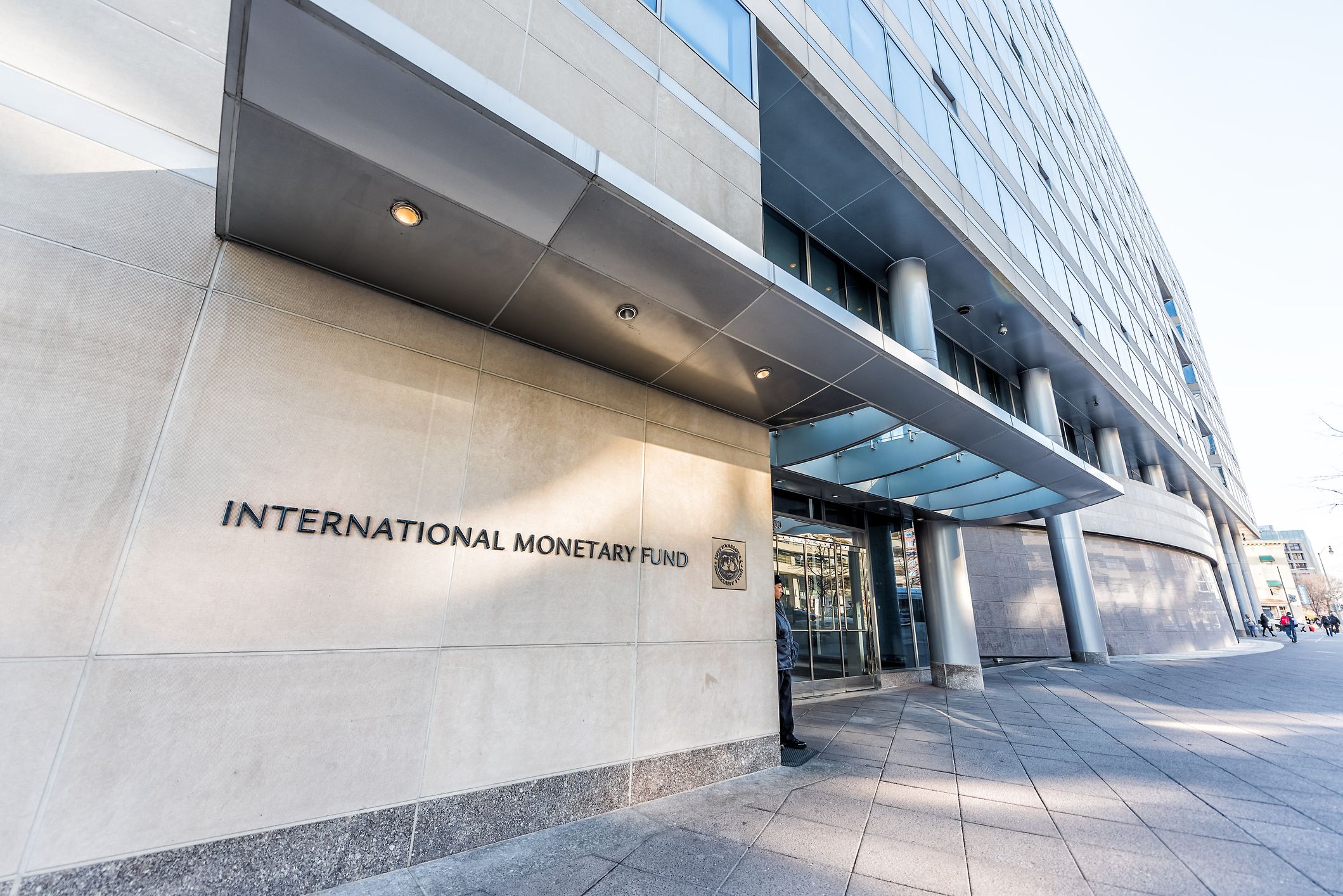
TAURAI MANGUDHLA THE International Monetary Fund (IMF) directors last week appeared keen on Zimbabwe getting a new staff monitored programme (SMP) on the basis that it will assist in the establishment of a track record of sound policies while providing further impetus for the country’s ongoing re-engagement efforts.
An SMP is an informal agreement between country authorities and IMF staff to monitor the implementation of various economic programmes.
The SMP happened on the back of brazen corruption both in the private and public sectors as well as macro-economic instability punctuated by an exchange rate crisis.
Successive elections marred by violence and police brutality exacerbated an already unstable economic environment.
The recent March 26, 2022, by-elections being no exception, with reports of inter and intra-party violence and the police barring the opposition Citizens Coalition for Change (CCC) led by Nelson Chamisa from conducting rallies.
Zimbabwe alienated itself from the international community, especially under the late President Robert Mugabe, with western countries imposing targeted sanctions against Harare.
Analysts say structural reforms, upholding the rule of law, respecting property rights and fighting corruption are required to reintegrate Zimbabwe back into the international community.
Solutions to the currency crisis should also be part of measures to control inflation and bring price stability, analysts suggested.
- Chamisa under fire over US$120K donation
- Mavhunga puts DeMbare into Chibuku quarterfinals
- Pension funds bet on Cabora Bassa oilfields
- Councils defy govt fire tender directive
Keep Reading
Economist Rutendo Masawi said wide reforms were essential to turn economic fortunes.
“This (SMP) will not likely produce different results from the ones before because they have lost people’s confidence and trust. Thus reforms will be needed as well as reassuring potential investors, earning the goodwill and possible access to lending of the international community,” she said.
Development economist Chenayimoyo Mutambasere said a new SMP will produce the same result in the absence of commitment to reforms that improve governance.
“Given Zimbabwe’s past performance with SMP it is highly unlikely that this will work this time round. This is primarily because the factors highlighted as being drawbacks in 2019 or 2020 are still in existence with indications that the situation has deteriorated rather than improving,” Mutambasere said.
“Since the last attempt, no tangible steps to arrest corruption have been put in place. Corruption in the critical sector of mining remains at an all-time high.
“The last SMP indicated that lack of access to mining data was an issue and the government is only aiming to improve mining data by Vision 2030,” she added.
The IMF reported that Zimbabwe’s economic reform agenda was off track due to policy missteps, governance and corruption challenges.
According to the Article IV consultation report published last week, the IMF said substantial challenges remain, including extreme poverty and structural constraints.
The IMF urged authorities in Zimbabwe to implement reforms that will foster higher, more inclusive growth and pave the way for re-engagement with the international community.
Directors encouraged Zimbabwe authorities to advance reforms, noting that a new SMP could help establish a track record of sound policies and provide further impetus to their re-engagement efforts.
The IMF directors agreed that fiscal policy should aim at restoring macroeconomic stability and creating fiscal space for priority spending.
“They emphasised the need to enhance revenue mobilisation, including broadening the tax base and improving tax administration and compliance.
“On the spending side, accelerating reforms of state-owned enterprises and enhancing fiscal controls will be critical to limit fiscal risks.
“Directors also encouraged the authorities to use the SDR (Special Drawing Rights) allocation prudently and transparently,” read the IMF report.
The IMF noted that Zimbabwe remains in debt distress, with large external arrears to official creditors.
“They welcomed the authorities’ commitment to re-engage with external creditors, including by resuming token payments and preparing a debt resolution strategy,” the report states, recommending further monetary tightening, given the persistently high inflation.
“Directors encouraged further efforts to enhance debt management andtransparency.
“In this context, they emphasised the need to increase the operational independence of the central bank, discontinue its quasi-fiscal operations, and improve its coordination with the fiscal authorities. “Concerted efforts are needed toward greater exchange rate flexibility by allowing a more transparent and market-driven price process. Directors called on the authorities to phase out exchange restrictions and multiple currency practices as soon as conditions permit,” IMF said in the report.
The IMF also emphasised the need for continued vigilance to ensure financial stability, including by addressing remaining banking sector weaknesses.
They welcomed the removal of the country from the Financial Action Task Force grey list and progress made on strengthening the Anti-Money Laundering/Combating the Financing of Terrorism framework.
The directors also noted that addressing institutional weaknesses is instrumental in supporting growth and social development for the country.
“They looked forward to further progress on implementing the 2020 National Anti-Corruption Strategy. Directors underscored the importance of prioritising structural reforms to improve the business climate and build resilience to climate change,” IMF added.
The IMF said Zimbabwe experienced severe exogenous shocks — Cyclone Idai, drought and Covid-19,which along policy missteps in 2019, led to a recession and high inflation.











